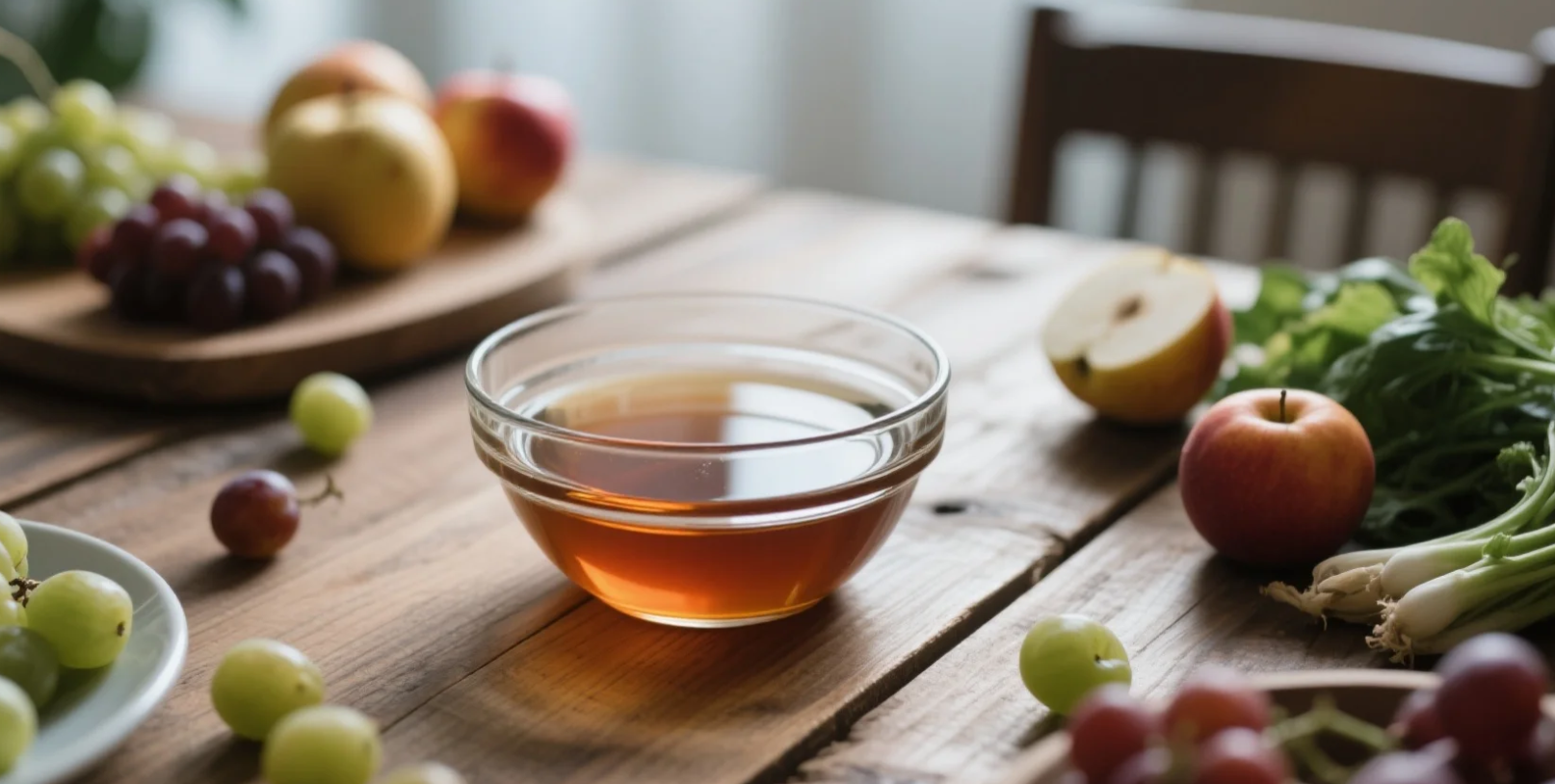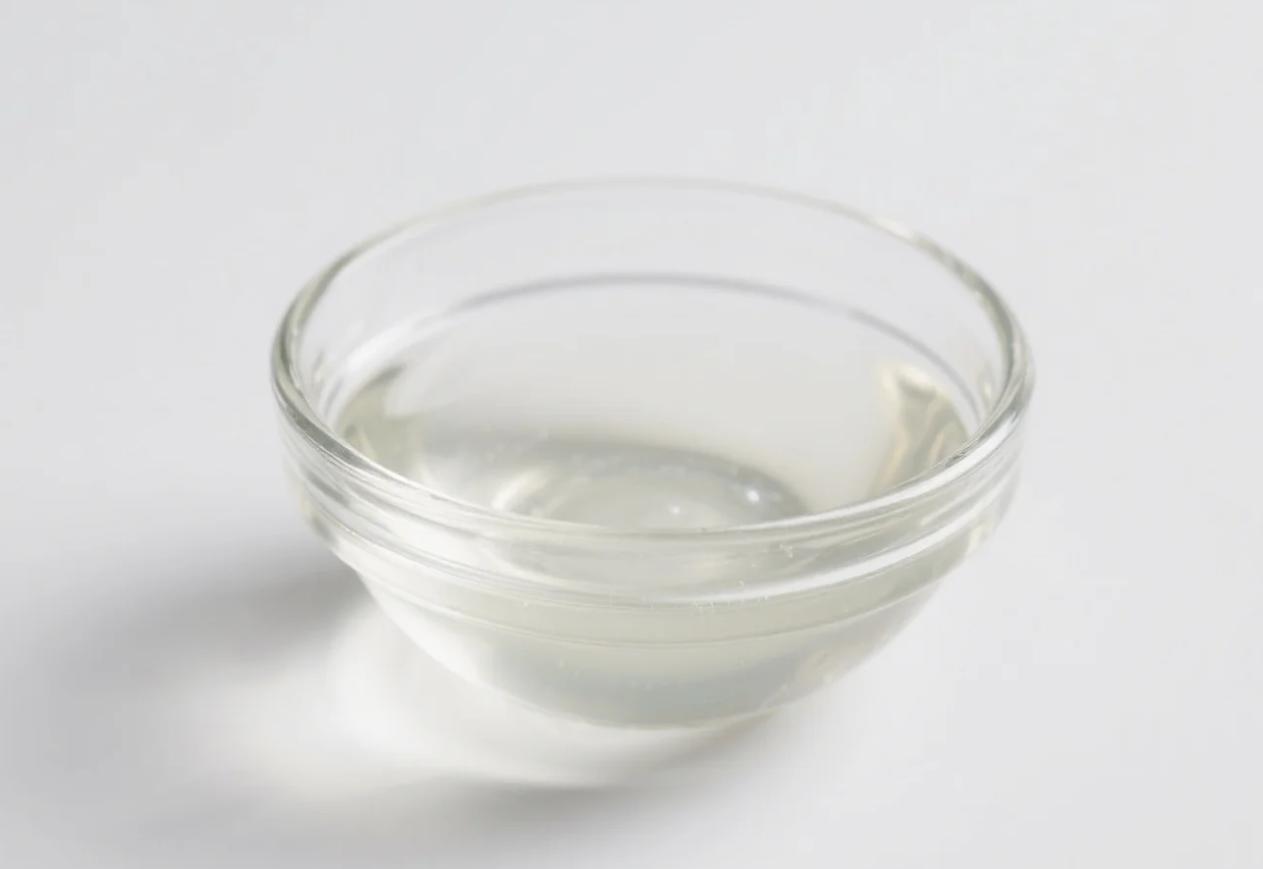In today’s food industry, consumers are increasingly looking for natural and minimally processed sweeteners that support their health and lifestyle goals. Refined sugar, long a staple of food and beverage formulations, is now under scrutiny for its links to obesity, metabolic issues, and poor nutritional transparency.
This has led food manufacturers to seek alternatives that provide sweetness and functionality — without the health concerns or negative perception associated with refined sugars. One such solution is organic glucose syrup, a clean, natural, and versatile ingredient that aligns perfectly with modern consumer expectations.
The Shift Toward Healthier Sweeteners
Health-conscious consumers today are reading labels carefully. They prefer ingredients that are organic, plant-based, and naturally derived, and they reject synthetic or heavily processed sweeteners.
According to global market reports, the clean-label sweetener market is expected to grow steadily in the coming years as consumers associate “organic” and “natural” with both trust and quality.
Organic glucose syrup fits seamlessly into this movement — delivering the sweetness and functionality of traditional sugars, but in a cleaner, more sustainable way.
What Is Organic Glucose Syrup?
Organic glucose syrup is a natural sweetener produced by enzymatically converting organic starch (typically from corn, wheat, or tapioca) into glucose molecules. The process is entirely enzymatic — no acids, chemicals, or synthetic agents are used.
The result is a clear, mild-tasting syrup that is easy to digest, highly soluble, and suitable for a wide range of food and beverage applications.
Because it is derived from certified organic raw materials and processed under non-GMO and chemical-free standards, organic glucose syrup qualifies as a clean-label sweetener.
Comparing Organic Glucose Syrup and Refined Sugar
| Feature | Organic Glucose Syrup | Refined Sugar |
|---|---|---|
| Origin | Derived from organic starch (corn, wheat, or tapioca) | Extracted from sugar cane or sugar beet |
| Processing Method | Enzymatic hydrolysis, no chemicals | Chemical refining and crystallization |
| Sweetness Level | Mild (70–80% of sucrose) | High sweetness |
| Glycemic Index | Moderate, easier to digest in small doses | High, spikes blood sugar rapidly |
| Functionality | Improves texture, prevents crystallization, retains moisture | Primarily for sweetness only |
| Label Appeal | Clean-label, organic-certified | Conventional, increasingly avoided |
| Environmental Impact | Lower, plant-based, sustainable | High energy and water usage in refining |
The table clearly shows that organic glucose syrup offers both functional and marketing advantages, while refined sugar provides limited benefits beyond sweetness.
Functional Benefits for Manufacturers
Organic glucose syrup isn’t just a “healthier” choice — it’s also a functional performer in modern food processing.
- Excellent Moisture Retention:
Keeps baked goods soft and chewy, extending freshness and reducing product waste. - Anti-Crystallization:
Prevents sugar crystallization in confections, syrups, and beverages for smoother textures. - Stable Sweetness:
Offers mild and balanced sweetness that blends well with natural flavors like fruit or cocoa. - Improved Solubility:
Fully soluble in both hot and cold applications, ideal for beverages and liquid formulations. - Better Process Control:
Provides stable viscosity and heat resistance, which makes it perfect for high-temperature processes like caramelization or cooking.
By choosing organic glucose syrup, food manufacturers can maintain performance without synthetic stabilizers or additives, supporting clean-label innovation.
Health Advantages for Consumers
1. Easier to Digest
Because glucose is the body’s primary energy source, organic glucose syrup is metabolized efficiently without burdening the digestive system. It provides quick and steady energy release compared to refined sugar, which often causes sharp spikes and crashes in blood glucose levels.
2. Free from Chemicals and GMOs
Refined sugar undergoes chemical bleaching, decolorization, and crystallization processes that may involve sulfites or phosphates. In contrast, organic glucose syrup is made purely with enzymatic hydrolysis — ensuring a product that’s non-toxic and residue-free.
3. Reduced Risk of Overconsumption
With a lower sweetness intensity than refined sugar, organic glucose syrup allows for better control of sugar content in recipes, helping consumers manage their sugar intake more consciously.
4. Allergen-Free and Vegan
Certified organic glucose syrup is naturally vegan, allergen-free, and gluten-free, making it suitable for a wide range of dietary preferences.
Clean-Label and Organic Certification Advantages
In today’s competitive marketplace, certification and transparency are essential. Organic glucose syrup carries global organic certifications, including USDA Organic, EU Organic, and JAS, ensuring compliance with international food safety and sustainability standards.
These certifications communicate trust and credibility to both B2B buyers and end consumers. Food and beverage brands that highlight “Organic Glucose Syrup” on packaging gain a clear marketing advantage in the organic and natural segment.
Environmental and Sustainability Benefits
The production of organic glucose syrup promotes sustainable agriculture and environmental protection:
- Derived from non-GMO, pesticide-free crops.
- Processed with eco-friendly enzymatic methods rather than acid hydrolysis.
- Contributes to lower carbon and water footprints compared to refined sugar production.
In a time when sustainability drives brand value, using organic glucose syrup allows manufacturers to position themselves as environmentally responsible and forward-thinking.
Applications in Modern Food and Beverage Products
Organic glucose syrup can be used in nearly every product category where refined sugar is traditionally applied, including:
- Bakery & Pastry: Moist, soft cakes and cookies with longer shelf life.
- Confectionery: Smooth caramels, gummies, and toffees with no crystallization.
- Beverages: Naturally sweetened energy drinks, juices, and teas.
- Dairy & Plant-Based Products: Enhances texture and flavor in yogurts and plant-based desserts.
- Nutritional Bars & Snacks: Binds ingredients while adding clean sweetness.
For product developers, this means a direct, functional replacement for refined sugar — with better nutritional and market positioning benefits.
Why Manufacturers Are Switching
Manufacturers aiming to capture the organic and functional foods market are increasingly substituting refined sugars with natural sweeteners like organic glucose syrup.
It allows them to:
- Improve nutritional profiles without sacrificing taste.
- Simplify ingredient lists and meet clean-label expectations.
- Enhance brand image with organic and sustainable sourcing.
- Cater to growing markets in Europe, North America, and Asia, where organic certification is a strong purchase driver.
Conclusion: The Sweetener for the Future
As consumers continue to seek healthier and more transparent products, refined sugar’s dominance is declining. Organic glucose syrup offers a balanced alternative — a sweetener that combines natural origin, functional benefits, and sustainability.
For food manufacturers, it represents not just a substitute for refined sugar, but a strategic upgrade that enhances product appeal, improves process performance, and strengthens clean-label branding.
Partner with a Trusted Organic Glucose Syrup Supplier
BIOSTARCH is a professional organic glucose syrup supplier, offering high-quality syrup derived from certified organic corn and wheat starch. Our products deliver superior clarity, stability, and taste — ideal for bakery, beverage, confectionery, and nutritional applications.
Recommended Product
Organic Glucose Syrup
Natural Sweetener & Functional Ingredient for Food, Beverage & Confectionery

